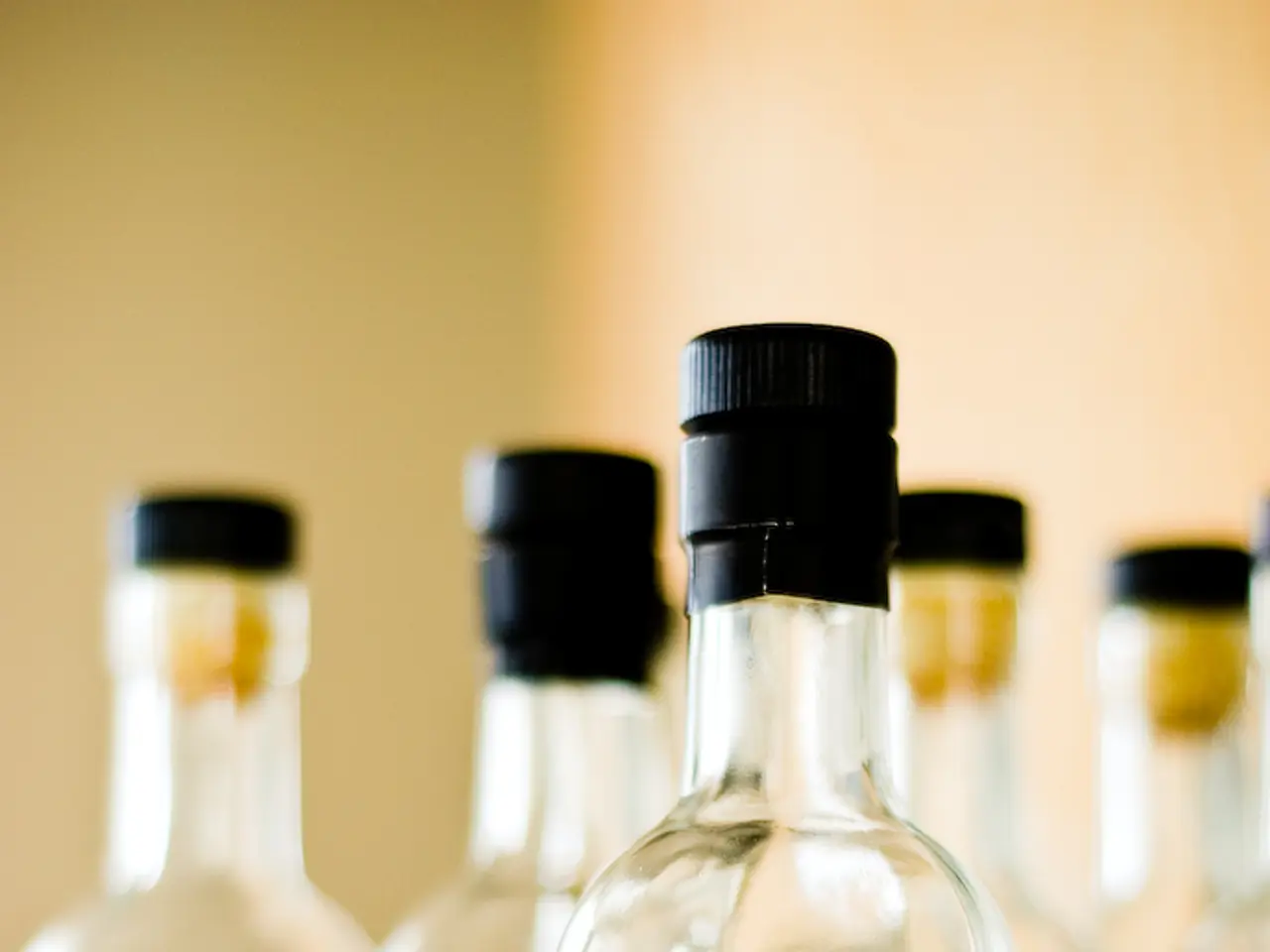Alcohol and Exercise: Potential Hazards and Further Insights
Alcohol consumption can have significant effects on a person's physical abilities and performance during exercise, as well as recovery. Here are some key points to consider:
- Alcohol slows down the nerves that pass messages around a person's body, which can worsen motor skills, balance, accuracy, judgement, hand-eye coordination, and reaction times.
- Drinking alcohol before working out can increase a person's risk of abnormal or dangerous heart rhythms, and may also lead to exercise-associated collapse (EAC).
- Alcohol makes a person more likely to become dehydrated during exercise, which can affect blood flow and reduce exercise performance. Drinking water before, during, and after consuming alcohol can help avoid dehydration.
- Drinking water while drinking alcohol can help avoid dehydration when later exercising.
- Drinking alcohol before or during drinking can help a person drink less and slow down their drinking pace.
- Alcohol consumption during physical activity increases risks such as impaired muscle building, poor sleep quality, disrupted biochemical processes essential for performance, reduced oxygen levels in the blood, increased heart rate, and overall reduced athletic performance and recovery.
- Drinking alcohol after working out can prevent a person's muscles from healing efficiently. Waiting at least a day, or sleeping it off overnight after drinking, can help avoid these health risks and affected performance.
- Shorter or less intense workouts after drinking may limit the stress effects of alcohol during exercise. However, working out the day after drinking may result in reduced exercise quality or performance, and a higher risk of abnormal or dangerous heart rhythms for up to two days after heavy drinking.
- Dehydration can affect blood flow through a person's body and reduce exercise performance.
- Alcohol affects the way a person's body converts food and drink into energy (metabolism). Drinking alcohol causes a person's body to produce more insulin, which can lead to lower levels of blood sugar.
- Eating food rich in carbohydrates after exercise allows a person to replenish their muscles' fuel stores.
In summary, alcohol consumption can have a negative impact on exercise performance and recovery. It is advisable to avoid drinking alcohol before or during exercise, and to allow at least a day for the body to recover after drinking before engaging in physical activity. Drinking water before, during, and after consuming alcohol can help maintain hydration levels and reduce the risk of dehydration during exercise.
Read also:
- Connection Between ADHD and Trauma?
- West Nile Virus detected in Kentucky for the first time; authorities advise locals to adopt safety measures
- Digestive issues: Understanding causes, remedies, and further details about acid reflux and excessive burping
- Exploring Botox as a Treatment for Interstitial Cystitis: Insights, Adverse Effects, and Further Details







